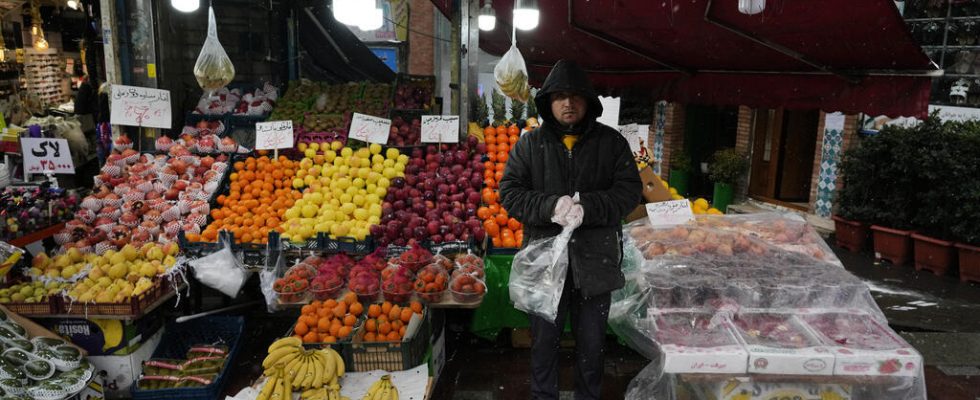Some 61 million Iranians are called to the polls on Friday March 1 to elect the 290 deputies of the Iranian Parliament and the members of the assembly of experts. The campaign is taking place in a dull climate and in a difficult economic context.
2 mins
With our correspondent in Tehran, Siavosh Ghazi
In Iranfew people seem motivated to vote in this ballot which will designate the deputies of Parliament and theAssembly of experts. Most of the well-known figures from the moderate and reformist camp have been disqualified in advance and in this short one-week campaign, there are virtually no meetings.
For many Iranians, the priority is first and foremost the economic situation, as Ali, a trader in his sixties, explains to us: “ We have no expectations, we only want our situation to improve. It doesn’t matter who is elected. We just want them to work for us, solve the country’s problems, control inflation. That’s all ! Otherwise, there is no problem. It doesn’t matter if it’s X or Y who is elected. Let them work for us, for the country. The only problem is inflation, otherwise there is no problem. »
Many openly express their refusal to vote and predict a worsening of the economic situation after the election. This is the case of Ahmad, a seventy-year-old retiree, who refuses to vote: “ We don’t expect anything. They are not competent. They will receive a salary and create income for themselves. That’s all. The situation will become even more difficult. For now, they have things a little under control, but after the elections, the situation will get worse. »
Read alsoIranian legislative elections: calls for boycott multiply
For those in power, the participation rate is a crucial issue. Four years ago already, in February 2020, alone 42.5% of voters participated in the vote. If in Tehran and the big cities participation should be low, on the other hand in the provinces, voters could mobilize more.
Also listenLaunch of the legislative campaign in Iran: “Everything is locked”
